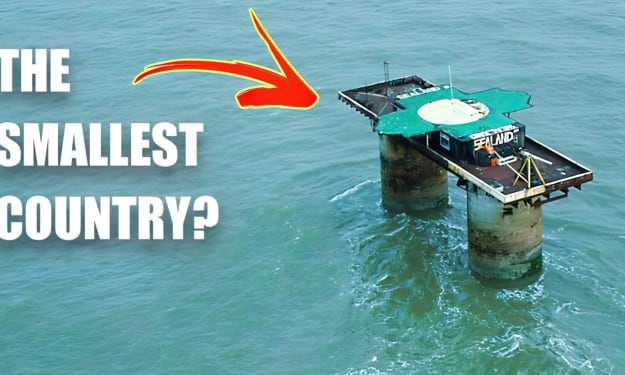
Humans have long prided themselves on a myriad of accomplishments, from the complexities of particle accelerators to the simplicity of poetry, and even the allure of Pokemon. Yet, underlying all these achievements lies a fundamental attribute that humans hold in the highest regard: intelligence. However, defining intelligence is no simple task; it eludes clear-cut categorization, leaving us grappling with its elusive nature.
At its core, intelligence can be viewed as a mechanism for problem-solving, particularly in the context of survival. Whether it's finding sustenance, shelter, or navigating social dynamics, intelligence serves as a means to adapt and thrive in a constantly changing environment. Yet, attempts to pinpoint its essence often lead to a murky understanding, with scholars debating its origins and parameters.
Intelligence is not a monolithic concept; rather, it encompasses a spectrum of abilities, from basic instincts to complex cognitive processes. At its most rudimentary level, intelligence involves gathering information, retaining it in memory, and using it to learn. Information acts as the building blocks of cognition, allowing organisms to perceive and respond to their surroundings effectively.
Memory serves as a crucial tool in the intelligence toolbox, enabling organisms to store and retrieve information for future use. Whether it's recalling past experiences, associations, or learned behaviors, memory facilitates adaptive responses to environmental stimuli. Learning, in turn, involves the process of acquiring new knowledge and skills, refining behaviors through repetition and adaptation.
Even seemingly simple organisms exhibit remarkable displays of intelligence, underscoring the diverse manifestations of cognitive abilities in the natural world. Take the acellular slime mold, for instance, which demonstrates behavior akin to an organism with a rudimentary brain. Through a series of exploratory maneuvers and memory-based responses, the slime mold navigates mazes to locate food sources, showcasing an adaptive strategy for survival.
Bees offer another compelling example of adaptive intelligence, as demonstrated in experiments where they learn to manipulate colored balls for rewards. Not only do bees exhibit proficiency in the task at hand, but they also display a capacity for flexible decision-making, selecting the most efficient course of action based on environmental cues.
However, as organisms become more complex, so too do their cognitive abilities, necessitating a broader array of problem-solving tools. Enter the "Library of Knowledge," a metaphorical repository of associations, connections, and learned behaviors that enable more advanced species to navigate diverse challenges.
Raccoons exemplify this complexity with their ingenuity in accessing human food sources through a range of practical skills and problem-solving strategies. From opening locks to solving puzzles, raccoons demonstrate a capacity for learning and memory retention that rivals many higher-order animals.
Creativity emerges as a pinnacle of intelligence, allowing organisms to generate novel solutions to complex problems by synthesizing disparate elements. Whether it's a raccoon tipping over a water tub to reach a marshmallow or an octopus assembling coconut shells for protection, creativity enables organisms to adapt and innovate in their environments.
Physical tools and planning further enhance problem-solving capabilities, allowing organisms to manipulate their surroundings and strategize for future contingencies. From primates using sticks to extract termites from trees to squirrels hoarding food for lean times, intelligent behavior encompasses a range of adaptive strategies tailored to specific ecological niches.
Ultimately, the evolution of intelligence reflects a nuanced interplay between environmental pressures and cognitive adaptations, with each species refining its problem-solving toolkit to suit its unique ecological niche. While humans have leveraged their intelligence to shape the world in unprecedented ways, they also face complex challenges that require collective action and long-term planning.
In essence, intelligence represents a dynamic and multifaceted attribute that transcends simple categorization, reflecting the intricate interplay between cognition, behavior, and environment. As we continue to unravel the mysteries of intelligence, we gain deeper insights into the rich tapestry of life on Earth and our place within it.
About the Creator
ava
The future belongs to those who prepare for it today






Comments
There are no comments for this story
Be the first to respond and start the conversation.